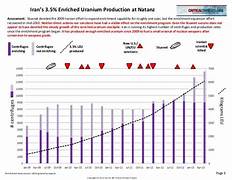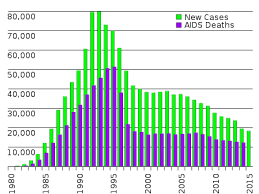On October 22, 1962, the United States faced one of the most intense and perilous moments in its history—the Cuban Missile Crisis. This 13-day standoff between the U.S. and the Soviet Union brought the world to the brink of nuclear war and remains one of the most significant events of the Cold War era.
The Cuban Missile Crisis was triggered by the discovery of Soviet nuclear missiles in Cuba, just 90 miles off the coast of Florida. The U.S. government, led by President John F. Kennedy, deemed this development as a direct threat to national security. The presence of these missiles in Cuba would have given the Soviet Union the capability to launch nuclear strikes on the United States.
On October 22, President Kennedy addressed the nation, revealing the existence of the missiles and announcing a naval blockade of Cuba to prevent further Soviet shipments. This action was seen as a critical response to the perceived Soviet aggression and a means to protect American interests and security.
The world held its breath as tensions escalated. The U.S. military was placed on high alert, and there were fears of an imminent nuclear exchange between the two superpowers. Both sides engaged in intense diplomatic negotiations, with Kennedy and Soviet Premier Nikita Khrushchev exchanging letters and seeking a peaceful resolution.
The crisis brought the world to the brink of nuclear war, as the U.S. and Soviet Union engaged in a dangerous game of brinkmanship. The threat of a catastrophic conflict loomed large, with the potential for unimaginable destruction and loss of life.
Fortunately, through intense negotiation and diplomacy, a peaceful resolution was reached. On October 28, 1962, Khrushchev agreed to dismantle the missile bases in Cuba, in exchange for a U.S. commitment not to invade the island and a secret agreement to remove U.S. missiles from Turkey. This agreement brought an end to the crisis and eased tensions between the two superpowers.
The Cuban Missile Crisis had a profound impact on the world stage. It served as a stark reminder of the dangers of nuclear weapons and the devastating consequences of a potential nuclear war. The crisis prompted both the U.S. and the Soviet Union to reevaluate their nuclear strategies and led to the establishment of direct communication channels between the two nations to prevent future misunderstandings and miscalculations.
The Cuban Missile Crisis also highlighted the importance of diplomacy and negotiation in resolving international conflicts. The crisis demonstrated that even in the face of extreme tensions, dialogue and compromise can prevail over military confrontation.
The events of October 22, 1962, and the subsequent resolution of the Cuban Missile Crisis had lasting effects on U.S.-Soviet relations. The crisis marked a turning point in the Cold War, as both nations realized the need for arms control agreements and improved communication to avoid a repeat of such a dangerous situation.
The Cuban Missile Crisis stands as a testament to the fragility and volatility of the international order during the Cold War. It serves as a stark reminder of the potential consequences of nuclear weapons and the imperative of diplomatic solutions to global conflicts.






